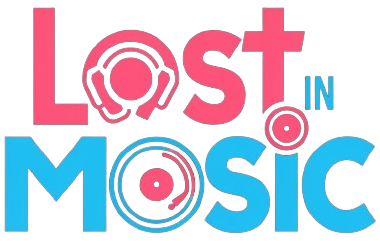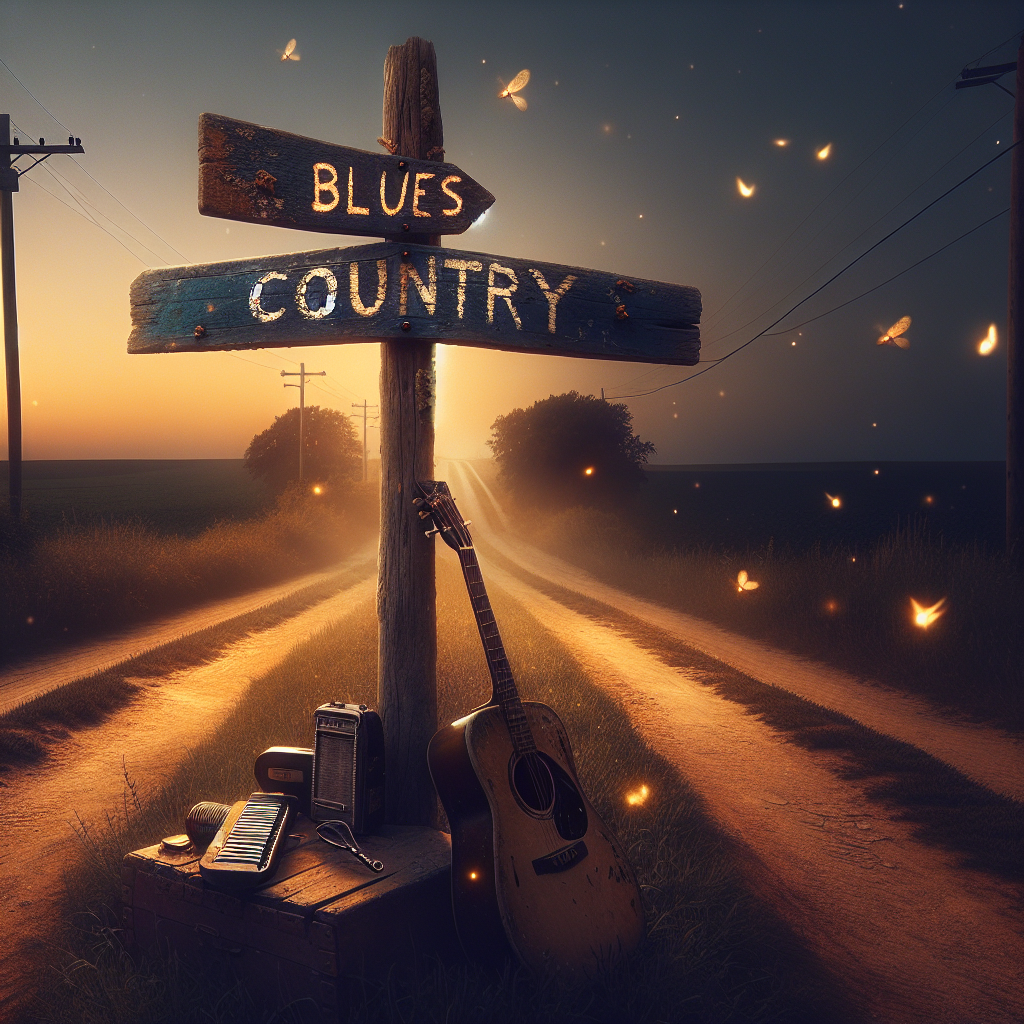Jazz music, with its rich history and soulful tones, has made an indelible mark on the world of music. Right at its heart are the enchanting and alluring sounds of the jazz trumpet. Trumpet performance in jazz is a unique art form that offers a wellspring of creativity, innovation, and technical mastery. This musical genre is decorated with many greats, each of whom has contributed to painting the broader tapestry of jazz music. Let’s dive deep into this mesmerizing world of the jazz trumpet, its roots, and its patrons.
Historical Background
The jazz music genre emerged in the late 19th and early 20th centuries, with African American communities in New Orleans spearheading its development. Over the decades, it has evolved through various styles, each with distinct characteristics and featuring several instrumental forms, including trumpets, trombones, saxophones, and others. Among these, the trumpet has a special place, given its central role in many seminal jazz pieces.
Masters of Trumpet Performance
The history of jazz trumpet is filled with exceptional musicians who have shown artistic virtuosity and technical brilliance. Notable among them are pioneers like Louis Armstrong, who profoundly influenced the evolution of jazz trumpet performance. His emotive performances and innate talent for improvisation left a lasting legacy.
Characters like Miles Davis, with his harmonically complex and understated style, helped define the cool jazz subgenre. Then there’s Dizzy Gillespie, a titan of bebop who merged Afro-Cuban rhythms with jazz melodies. Freddie Hubbard’s modern jazz fusion approach brought a fresh twist to jazz music in the ’60s and ’70s.
Characteristics of a Jazz Trumpet Performance
Jazz trumpet performances are remarkable for their improvisatory nature. They demand a high level of technical proficiency and a creative mindset. A good jazz trumpeter can perform ‘off the cuff,’ executing intricate melodic lines and harmonies without preconceived planning.
The tones of a jazz trumpet are diverse – they can be smooth and dark, bright and piercing, brash and gritty, or anything in between. It is this tonal flexibility that makes the trumpet such an expressive instrument in the hands of a skilled jazz musician.
Conclusion
Over the course of the last century, the art of jazz trumpet performance has continually evolved. With each passing era, trailblazing musicians have pushed boundaries, injected their unique flavor, and reinvented the rules of the game. It’s a testament to the inherent improvisatory and experimental spirit of jazz. And as long as this spirit persists, the jazz trumpet will continue to emit soul-stirring sounds, capturing the essence of human emotion in its resonant tones.
FAQs
1. Who are some of the greatest jazz trumpet players?
Louis Armstrong, Miles Davis, Dizzy Gillespie, and Clifford Brown are just a few of the many renowned jazz trumpet players.
2. What makes jazz trumpet playing different from classical trumpet playing?
A significant difference lies in the expressive freedom and improvisatory nature that jazz allows, whereas classical music is typically more structured and music notation dependant.
3. How can I start learning jazz trumpet?
Familiarity with the trumpet as an instrument is a good starting point. From there, one can learn the music theory behind jazz, hone technique, and develop improvisation skills.
4. What are some famous jazz trumpet pieces?
“What A Wonderful World” by Louis Armstrong, “So What” by Miles Davis, and “A Night in Tunisia” by Dizzy Gillespie are famous jazz trumpet pieces.
5. How important is improvisation in jazz trumpet performance?
Improvisation is a fundamental component of jazz music. It highlights the performer’s ability to spontaneously create and alter melodies, offering a unique experience in every performance.




